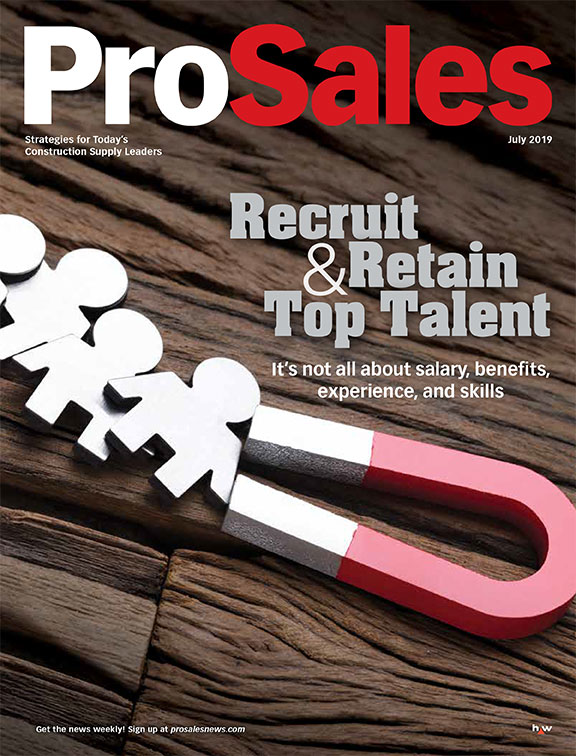(DISC)Connected
So how do you hire for network fit? Some experts suggest filling positions by using a DISC personality assessment (a free one is available at tonyrobbins.com/disc), which could help hiring managers understand how different personality types are motivated. DISC consists of four personality types: that people generally fit into: dominance, influence, supportive, and conscientious. The idea, here, is to hire job candidates based on how well their personality fits with the role they are applying for and the people they’d be working with in their professional network.
When you can understand what motivates people, you are more likely to improve their performance and satisfaction with their job and colleagues. That’s why Ron Sukenick, president and founder of the Relationship Strategies Institute, described the four DISC personality types and their motivations during his presentation “Understanding the People Puzzle” at the Do it Best Spring Market in Indianapolis in May.
Dominant people think fast and talk fast. They are doers and leaders, Sukenick said. They’re task-oriented, so they’re motivated to get results. However, they don’t mesh well with other dominant people, because they want to lead, not be led. Dominant employees are valuable because “they’re going to move things forward,” Sukenick stated.
Influencers want to be liked. They’re happy to go along with the crowd. Their fuel is people and having fun. “The saddest times for their parents was when they left the home, because all the fun and all the excitement is gone,” Sukenick said, adding that influencers thrive in social roles.
Supportive people are steady, reserved, and “the nicest people,” Sukenick suggested. Their motivation is peace and harmony. They like the status quo and try to avoid a lot of change, but, like influencers, they will often go with the flow. “To approach supportive people, you would move at a slower pace,” Sukenick added.
Cautious people are calculating, conscientious, contemplative, careful, and sometimes cold. “They are the smartest [people] in the room,” Sukenick said, adding that their motivation is quality answers and value. They “want things to be correct. Don’t ask them for a decision without giving them all the information,” he said.
If you’re not careful, Sukenick warned that you can put someone who’s cautious (and too reserved) in a leadership role that is best suited for a dominant person, or make the mistake of constraining a dominant person in a role that requires a lot of adherence to safety rules, regulations, and procedures. But, when done well, employee satisfaction and job performance can go up and conflicts can be minimized.
What happens if you already have conflicting personalities in the same network? All isn’t lost. “The model says that everybody is a unique blend of everybody else and you can adapt to people” by understanding their motivations, Sukenick offered.

